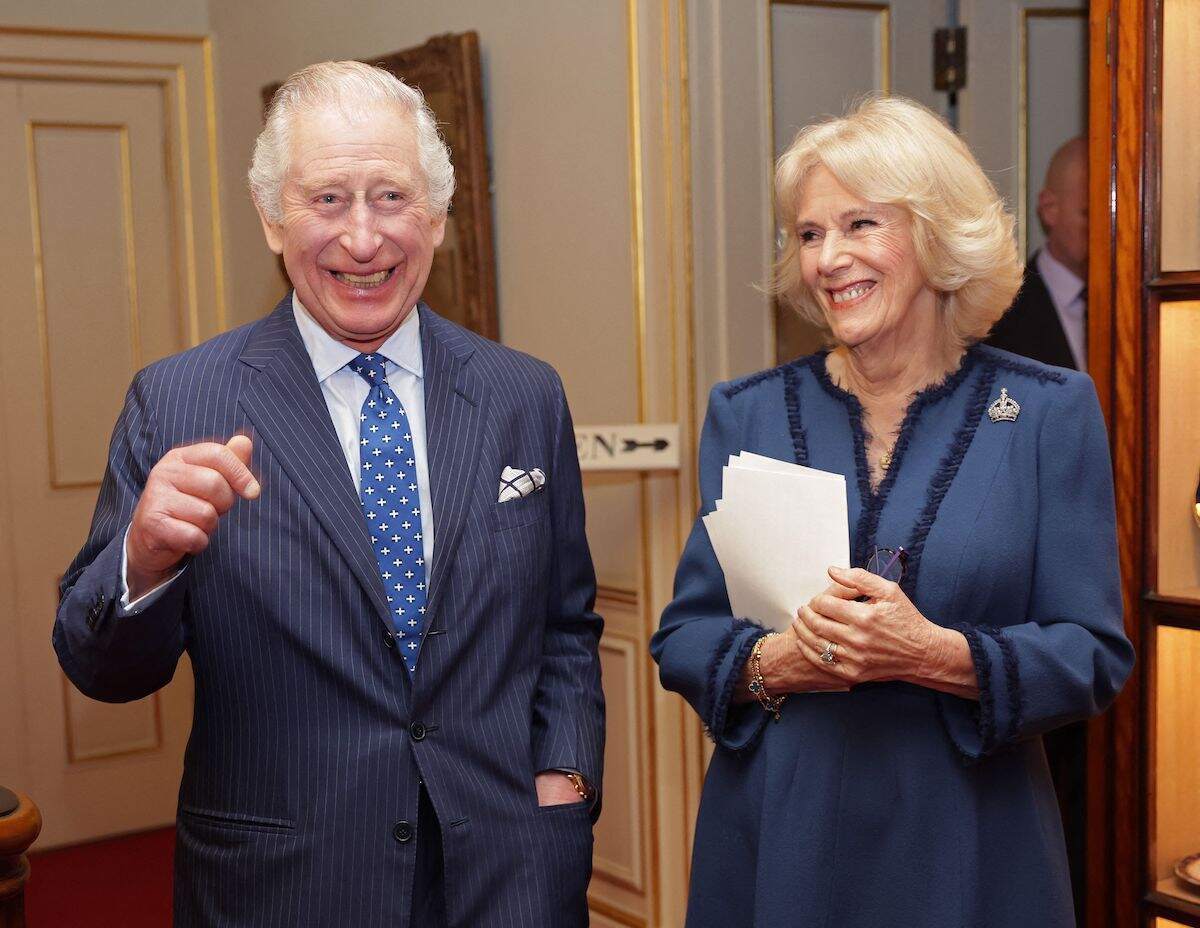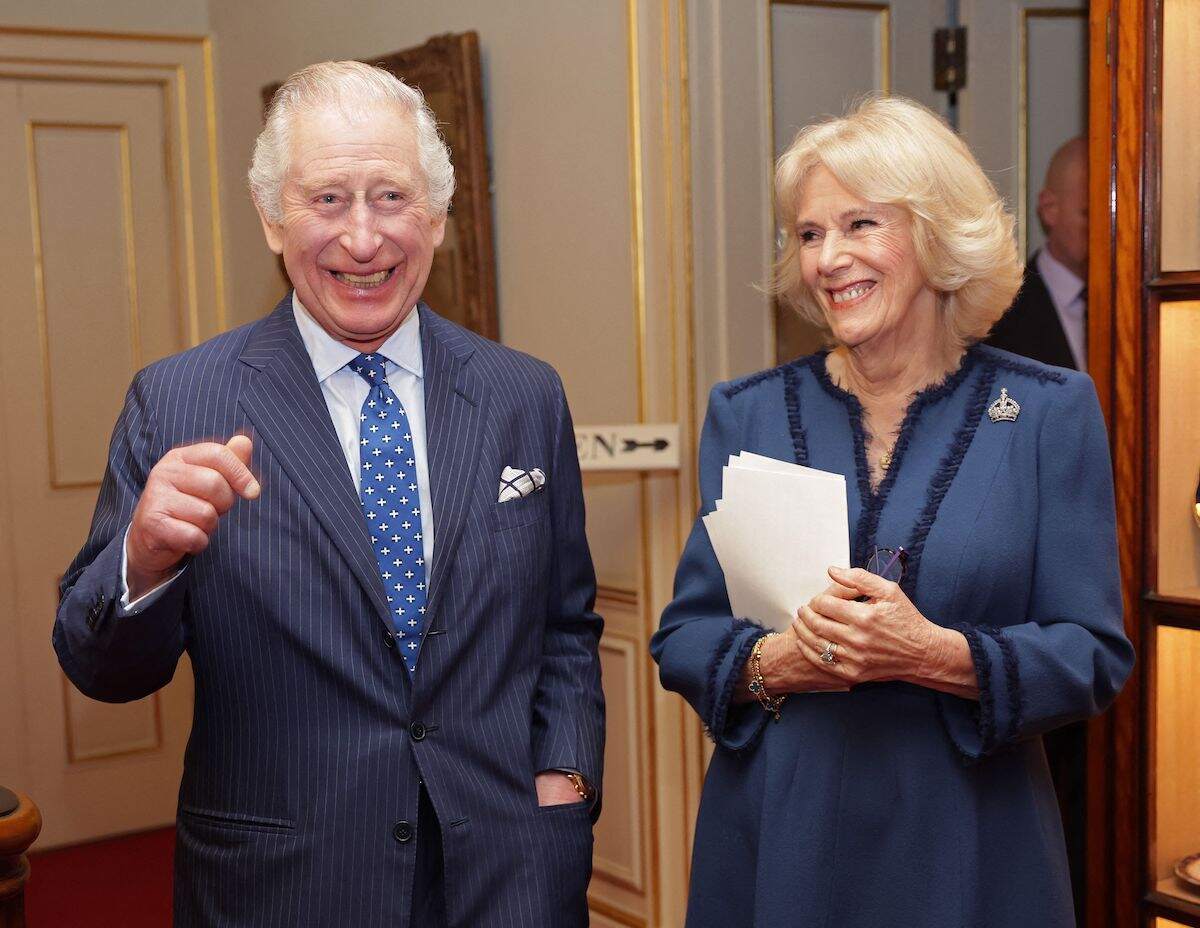
King Charles III Is the Oldest Monarch to Take the Throne
After the death of Queen Elizabeth II, her son, King Charles III made history. At age 73, he ascended as the head of the royal family and became the oldest monarch to take the throne. Here’s how it happened and when he’ll be coronated:
The Prince of Wales was given the title of King in September 2022

Queen Elizabeth II died on Sept. 8, 2022. Two days later, Charles, her oldest son, received the title of King of the United Kingdom.
Born in 1948 and taking the throne in 2022, Charles III set a new record for the oldest monarch to ascend the British throne, surpassing the former record held by King William IV, who took the throne at 64 in 1830.
A few of King Charles III’s predecessors also ascended in their later years. King Edward VII took on the role of the monarch at the age of 59 in 1901. King George IV was named King at 57 years old in 1820.
Charles’ coronation will take place on May 6, 2023. His entire family, including his wife, Camilla Parker Bowles, sons Prince William and Prince Harry, and their wives, Kate Middleton and Meghan Markle, are expected to participate in the ceremony.
Queen Elizabeth II still holds the record for the longest-reigning British monarch
King Charles III might’ve broken the record for the oldest monarch to ascend the British throne. But the record for the oldest reigning British monarch still stands with Queen Elizabeth II, who was 96 years old when she died.
The queen ascended the throne on Feb. 6, 1952 — when Charles was just 3 years old — after the death of her father, King George VI. She ruled for seven decades. Surpassing her great-great-grandmother Queen Victoria’s reign, Elizabeth II became the first British monarch to complete 65 years on the throne.
She continued setting records, becoming the first British royal to rule for 70 years. Just a few months after celebrating her Platinum Jubilee, Queen Elizabeth II died and completed her reign of 70 years and 214 days.
Upon her death, King Charles shared his grief with the world and acknowledged his mother’s long, successful reign.
“The death of my beloved Mother, Her Majesty The Queen, is a moment of the greatest sadness for me and all members of my family,” he said in a statement. “We mourn profoundly the passing of a cherished Sovereign and a much-loved Mother.”
“I know her loss will be deeply felt throughout the country, the Realms and the Commonwealth, and by countless people around the world,” Charles continued. “During this period of mourning and change, my family and I will be comforted and sustained by our knowledge of the respect and deep affection in which The Queen was so widely held.”
Who will rule after King Charles III?
After Queen Elizabeth II, there won’t be another ruling Queen of England for at least a few generations. With King Charles III taking the throne at age 73, it’s safe to presume his reign will not last more than 30 years. And upon his death or abdication, his heir apparent, William, the Prince of Wales, will ascend to the British throne.
William’s oldest child, Prince George, is next in the line of succession. So following his dad’s reign, George will become the next King of the United Kingdom.



